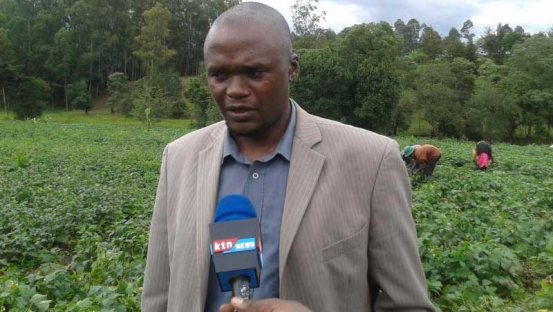×
The Standard e-Paper
Fearless, Trusted News

With the rainy season finally here, Phyllis Monyangi has started planting maize on her farm.
During the just-ended dry season, the farm would have been fallow, waiting for the next planting season, but she decided to make full use of it by planting French beans.